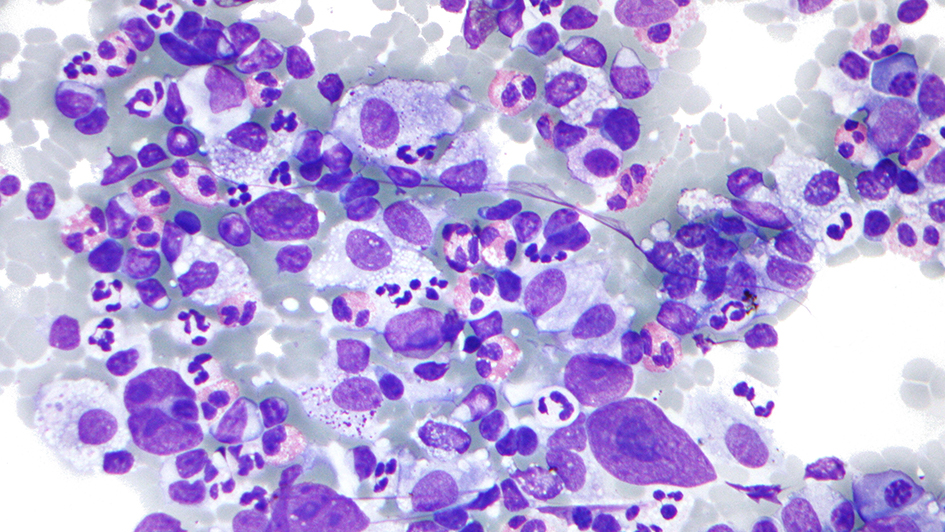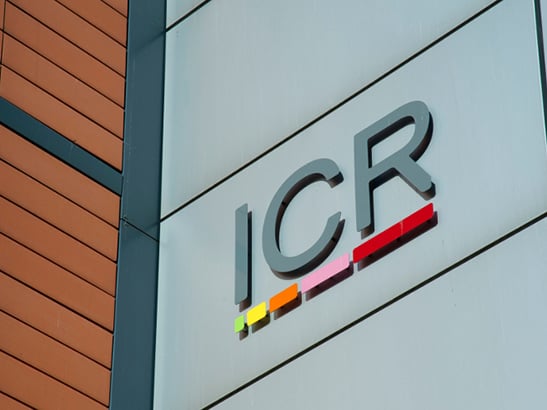 Micrograph of Hodgkin lymphoma. Image credit: Copyright © 2010 Michael Bonert. Licence CC BY SA 3.0.
Micrograph of Hodgkin lymphoma. Image credit: Copyright © 2010 Michael Bonert. Licence CC BY SA 3.0.
The ICR responds to draft decision not to recommend CAR T cell therapy for two types of non-Hodgkin lymphoma.
NICE has today (Tuesday) announced a draft decision not to recommend CAR T cell therapy axicabtagene ciloleucel (brand name Yescarta) for patients with two types of aggressive non-Hodgkin lymphoma for whom other treatments had failed.
CAR T cell therapy is an exciting new type of treatment that involves removing a patients’ immune cells, genetically engineering them in the lab, and then returning them to fight the patient’s cancer.
The treatment had shown significant success in blood cancers, improving overall survival.
But while NICE agreed that patients had good response rates and there was an unmet need, it said it hadn’t been given enough evidence of benefit compared with other types of treatment, and the initial cost presented to them was much too high.
As this is a draft decision, the manufacturer will get another chance at a later date to present data to NICE on clinical and cost-effectiveness.
'CAR T is a major advance in cancer treatment'
Commenting on the decision, Professor Raj Chopra, Head of Cancer Therapeutics at The Institute of Cancer Research, London, said:
“It’s disappointing that patients with non-Hodgkin lymphoma who have exhausted all other treatment options will not be able to access CAR T cell therapy – a brand-new type of treatment for blood cancers.
“CAR T cell therapy uses a patient’s own genetically modified immune cells to target their cancer. The technique is complex and expensive, but it is also a major advance in cancer treatment that has cured some patients who would otherwise have died.
“If we’re going to see CAR T therapy widely available on the NHS, we need to find ways to reduce the costs. I hope NICE and the manufacturer will be able to work together both to bring the costs of treatment down and continue to build a stronger evidence base for it, so it can be made available to NHS patients as quickly as possible.”
